Gary Brannan
University of York

Gary is Keeper of Archives and Special Collections at the Borthwick Institute for Archives at the University of York. He is Library and Archives portfolio holder for Scholarship, Skills and Customer Experience; with research interests as diverse as the medieval clergy and 19th century confectionery-making. Formerly ARA Northern Region chair, Gary has worked on mental health support for archival professionals with ARA, and is strategic lead for service change with Archives for Yorkshire. As head of the Borthwick, Gary has a close relationship with family history researchers, and an in-depth knowledge of the challenges in involved in genealogical research.
Jerome De Groot
Lecturer in Family History, University of Manchester
Jerome de Groot teaches at the University of Manchester. He is interested in Family History, testimony, genetic genealogy and historiography. He is particularly keen on co-production and co-design of research projects. He has published Consuming History (2008/ 2016) and Remaking History (2015).
Delyth Edwards
Liverpool Hope UniversityLecturer, Sociology of Childhood and Youth
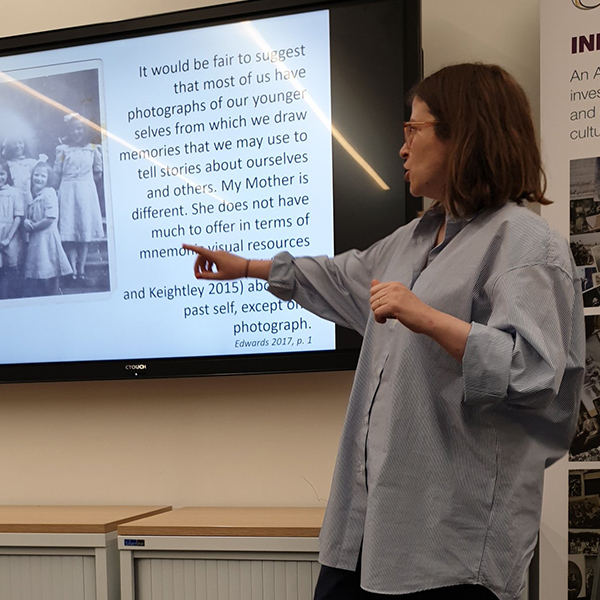
I am a lecturer in the Sociology of Childhood and Youth at Liverpool Hope University. I was previously a Postdoctoral Research Associate in the School of Museum Studies at the University of Leicester. My research interest broadly focuses on care experience but this intersects with Childhood and Youth, Identity, Class, Participation, Society and Culture, Loneliness and Memory. My interest in Inheriting the Family stems from my own familial inheritance. I grew up hearing stories about “the Home” from my mother. “The Home” was an orphanage in Belfast, where my mother had grown up during the 1940s and 1950s. This narrative inheritance was the subject of my doctoral research and monograpgh, Cultural, Autobiographical and Absent Memories of Orphanhood: The Girls of Nazareth House Remember (Palgrave Memory Studies Series). I am interested in how inherited familial memories are interconnected (or not) with autobiographical, social and cultural practices of remembering.
Henry French
Exeter
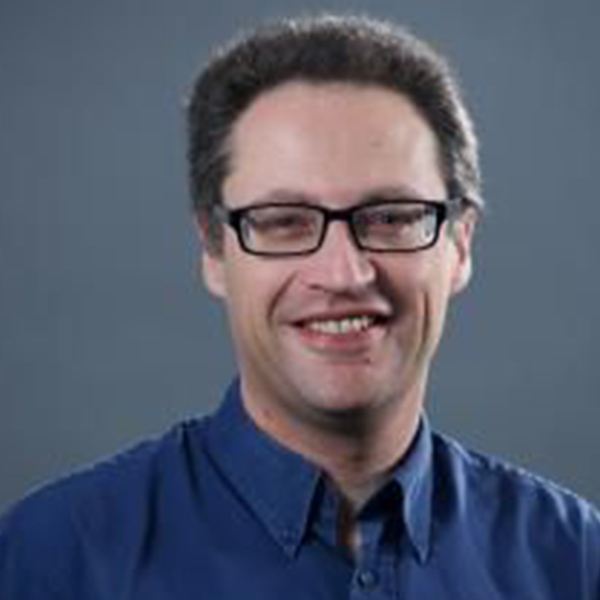
Henry French is professor of social history at Exeter University. His primary interests in family research focus on the history of masculinity and the family lives and histories of the English Gentry post-1660, particularly the reproduction of social and gendered identities within families, the emotional burdens of status and inheritance, and concepts and uses of dynastic history and genealogy. He published a monograph on English gentry masculinities with Oxford U.P. in 2012, with Mark Rothery (University of Northampton), and has since published articles on the emotional costs on the younger sons of the Gentry of property inheritance and supporting elite status, and on understandings of familial history among the Gentry in the seventeenth and eighteenth centuries. His other research on familial experiences focuses on poverty and poor relief, particularly familial experiences of illegitimacy and community responses to it in the later eighteenth and early nineteenth centuries.
Anna Green
Stout Research Centre for New Zealand Studies, Victoria University of Wellington, Associate Professor
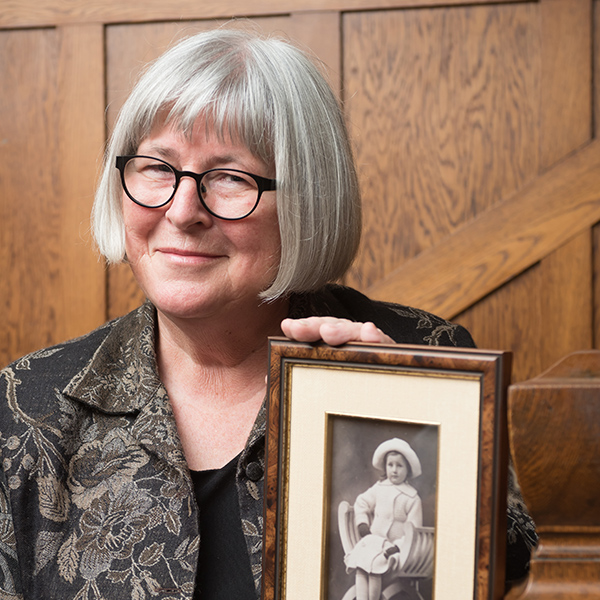
Anna Green is an Associate Professor in the Stout Research Centre for New Zealand Studies, Victoria University of Wellington, New Zealand. She is a historian interested in the transmission, content and reception of family history and memory. Information about her current oral history research with multigenerational descendants of nineteenth-century European settlers in New Zealand, ‘The Missing Link’, may be found on www.familymemory.nz. Publications include ‘Why Family Memories and Stories Matter’, The Journal of New Zealand Studies, NS29 (2019): 3-19 <https://ojs.victoria.ac.nz/jnzs/article/view/625; ‘Grandparents, communicative memory and narrative identity’, Oral History 47, 1 (Spring 2019): 81-91; ‘Family memory, “things” and counterfactual thinking’, Memory Studies 2019, 12 (6): 646-659 (with Kayleigh Luscombe); and ‘Intergenerational Family Stories: Private, Parochial, Pathological?’, Journal of Family History 2013, 38 (4): 387-402.
Ellie Harrison
Performance maker and archivist travelling internationally
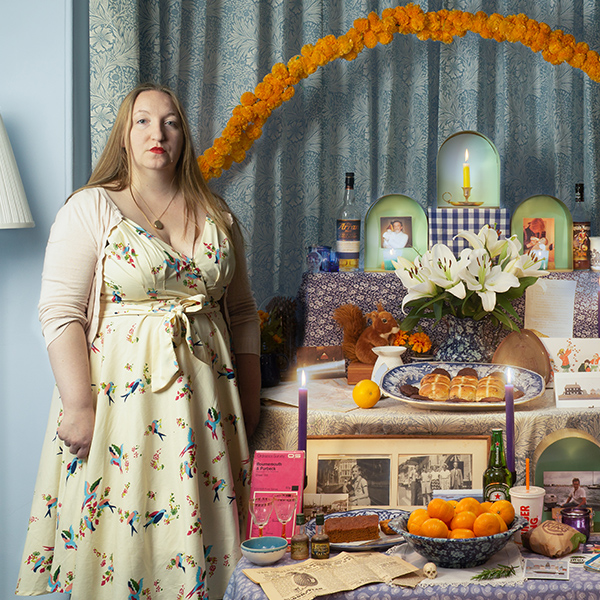
Ellie Harrison is a performance maker and artist living in Leeds and working internationally. She is artistic director of the acclaimed Grief Series, a sequence of seven arts projects that open up spaces to talk about bereavement and end of life. She creates a range of solo and collaborative devised performance work for studios, galleries, found and public spaces. Participation is at the heart of all of her work as a performer, facilitator and mentor of young people. Her work is often characterised by a playful and provocative approach to difficult topics, encouraging audiences to make decisions and participate. Ellie lectures on her practice, giving talks, performances and workshops at universities internationally including University of the arts London, Sorbonne Paris, UAM Mexico City. @ellie_meg www.griefseries.co.uk
Helen Kingstone
University of Surrey, Research Fellow, School of Literature and Languages
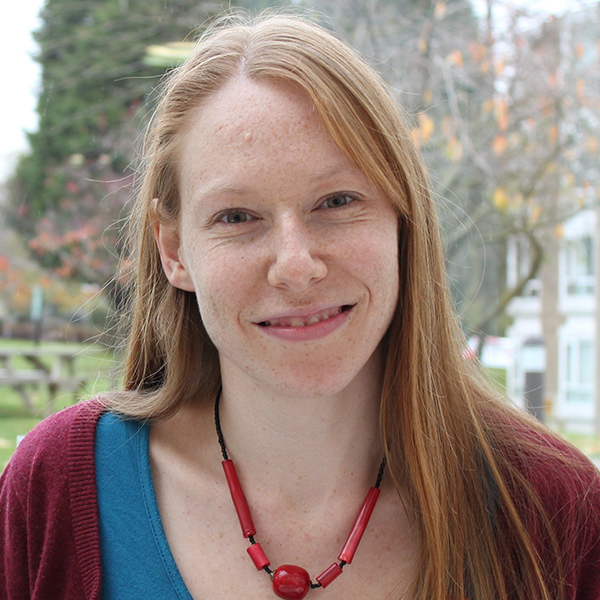
Helen Kingstone researches the ways that history is written. I have focused on how writers in different genres approached contemporary history in the nineteenth century, from novelists and historians to panoramas and collective biography. I co-lead a Wellcome Trust Humanities and Social Sciences network on ‘Generations: what’s in the concept and how should it be used?’.
Suzanne Lenon
University of Lethbridge, Canada, Dept of Women & Gender Studies
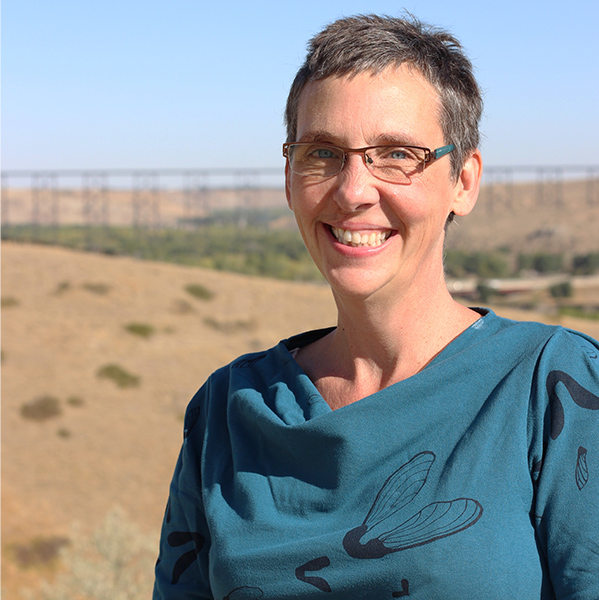
Suzanne Lenon is associate professor in the Department of Women & Gender Studies at the University of Lethbridge, Alberta, Canada. She teaches and researches in the areas of critical race feminisms, and law, gender and sexuality. Her current research focuses on the topic of inheritance as a way to apprehend the workings of social inequalities and to imagine their transformation. She is co-editor with OmiSoore H. Dryden of Disrupting Queer Inclusion: Canadian Homonationalisms and the Politics of Belonging (UBC Press). Please see my website for more information: http://www.suzannelenon.ca
Julie-Marie Strange
Durham
In October 2019, Julie-Marie Strange moved to Durham University. Her long standing research interests are in class, emotion and family. Death, Grief and Poverty, 1870-1914 (2005) examined bereavement in working-class culture while Fatherhood and the British Working Class, 1865-1914 (2015) explored meanings attributed to fathering and fatherhood in family contexts. Collaborative research on The Charity Market (2018) and The Invention of the Modern Dog (2018) developed interests in class and emotion in other contexts while the collaborative project ‘Pets & Family Life, 1837-2000’ (AHRC) with Jane Hamlett (Royal Holloway) sought to expand definitions of family to include non-human animals. Strange is currently working on ‘Love in the Time of Capitalism: Emotion and the Remaking of the Working Class, 1848-1914’ (Leverhulme) to bring histories of emotion into explicit dialogue with histories of class. She is also writing about the Victorian working-class grandfather and the heritability of class identity.
Marcus Meer
German Historical Institute London, Research Fellow in Medieval History
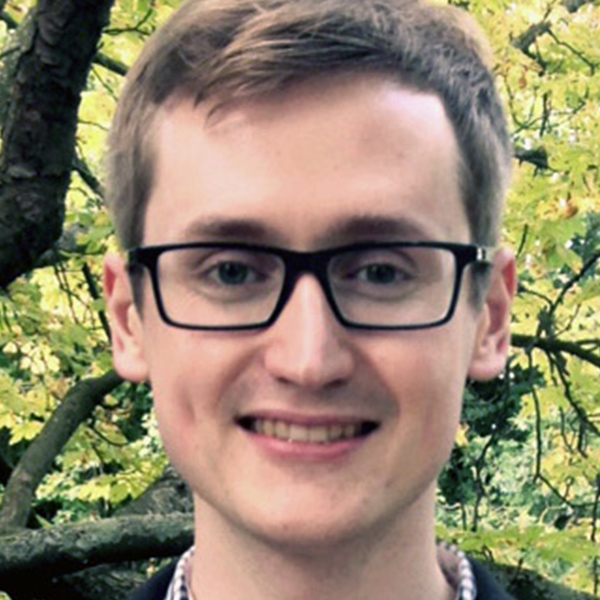
Marcus Meer is a historian of urban communication and visual culture, interested in a comparative perspective on the towns and cities of late medieval Europe, with a special focus on England and the German-speaking lands. His PhD at the University of Durham analysed the place of heraldry in urban society, including the role of coats of arms as cherished monuments to the genealogical heritage of urban families, and their place as expressions of family identity curated in urban documents as well as town houses and guild halls. He is interested in how townspeople used texts, images, objects, architecture, and rituals to represent, construct, and contest individual and collective identities, social hierarchies, and political structures in the later Middle Ages. His research challenges accepted scholarly distinctions between ‘noble’/‘high’ and ‘urban’/‘low’ culture, and confronts a priori assumptions about ‘national’ uniqueness ascribed to English and German cities and their citizens.
Rachel Moss
University of Northampton, Lecturer in History
Dr Rachel E. Moss is a lecturer in history at the University of Northampton. Prior to this she was a Leverhulme Early Career Fellow in the Faculty of History at the University of Oxford. Her ‘superbly thought-through’ (Arthuriana) first book, Fatherhood and its Representations in Middle English Texts, was published by D.S. Brewer in September 2013. A specialist in late medieval English history and literature, she has researched and written on family, gender, sexuality, gentry and mercantile societies, and literary culture.
Ben Parsons
University of Leicester, Lecturer in Medieval and Early Modern English Literature, School of Arts
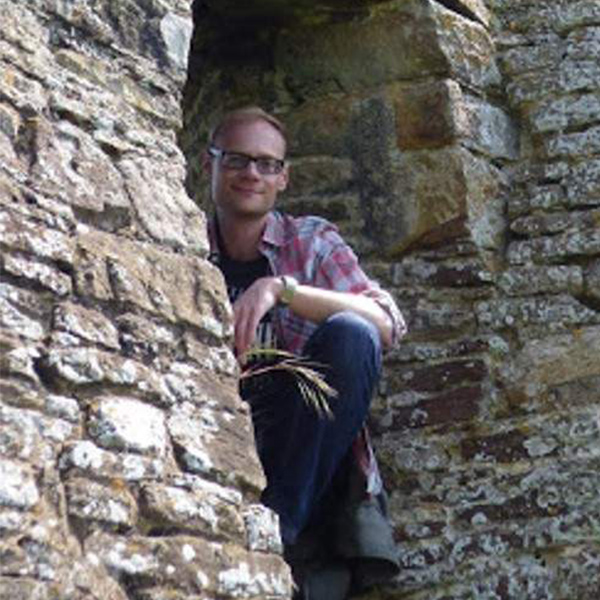
Ben Parsons received his PhD from the University of Sheffield in 2007, and currently works as Lecturer in Medieval and Early Modern Literature at the University of Leicester. He has published widely on various aspects of medieval and Renaissance culture, including satire, folklore, education, drama, crime, and notions of adolescence and violence; his work has appeared in the journals Medium Aevum, Exemplaria, Viator, Modern Philology, Chaucer Review, and Studies in the Age of Chaucer, and in the edited collections Blood Matters (UPenn Press, 2018), and Medieval and Early Modern Literature (Boydell and Brewer, 2018). He is the co-author of the critical anthology Comic Drama in the Low Countries, c.1450-1560 (Boydell and Brewer, 2012), and author of the monograph Punishment and Medieval Education (Boydell and Brewer, 2018).
Antony Ramm
Leeds Library, Librarian-Manager

I’m currently Librarian-Manager for the Local and Family History department at Leeds Central Library, where I manage staff, events and collections relating to the history, heritage and family ancestry of Leeds and its people. This involves everything from answering basic and complex enquires relating to the twin (but related) fields of local and family history, to creating and delivering events and content (e.g. talks, blog articles, guides) that engage the public with heritage as seen through Library collections. Specific family history engagement and outputs include the regular design and delivery of workshops for amateur genealogists. In terms of the network and its projects, I’m particularly interested in taking a more reflective approach to family history; thinking through and exploring the ways that participants relate to the past and their own ancestral inheritance: the why of what they do, as much as the how.
Mark Rothery
Northampton, Senior Lecturer in History, Programme Lead MA History

Mark Rothery is senior lecturer in eighteenth and nineteenth century British history at the University of Northampton. His work focuses on the English landed gentry and aristocracy, particularly the histories of family and demography, gender, masculinity and consumption. His most recent project is entitled ‘The Aristocracy in England 1700-1900: A History of Emotions.